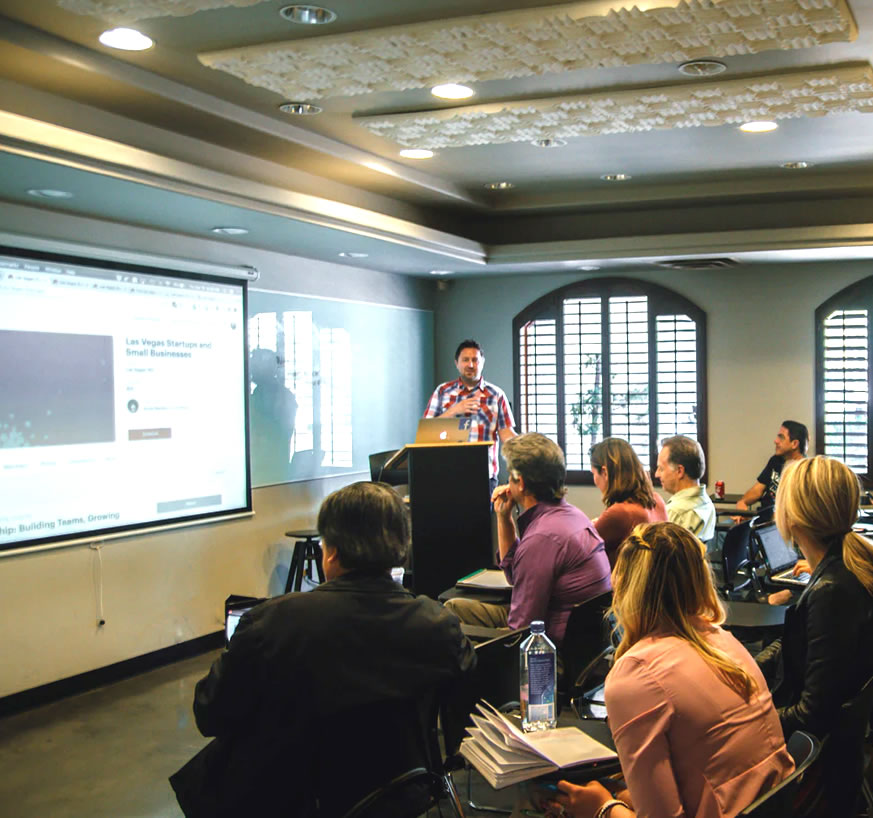![]()
This hands-on learn-by-doing workshop will work through the organization’s real-life project example to put in place a preliminary plan for the new project, along with highlights of which areas of the plan need to be further developed. Two facilitators will be assigned to work with customer personnel over the 2- to 3-day period of the workshop. Customer personnel may be divided into groups to address particular areas of the subject. Presentations, documents, templates etc. generated during the workshop will be handed over to the customer.
This coaching program provides an overview of the key concepts and best practices for effective project planning as well as exercises to help attendees apply the information in a practical way. This workshop will examine a real-life planned project, and start with putting together some anchor documents to guide the planning process: a high-level draft charter, business goals/requirements (epic business case), key functional requirements (features), non-functional requirements, and a delivery roadmap. The workshop will decompose the work items into one epic or more, features, and preliminary user stories to be delivered. It will estimate the volume of work, propose a project team, and prepare a project schedule that honors dependencies & a project budget. A risk matrix will be generated for use in driving further planning and updates to the preliminary plan.
The focus of the workshop will be to put in place an end-to-end plan for the project, with a risk matrix that quantifies gaps, for the project leadership to drive further planning activities (e.g. bottom-up effort such as a big-room planning session). The workshop emphasizes communication and collaboration in project planning.





